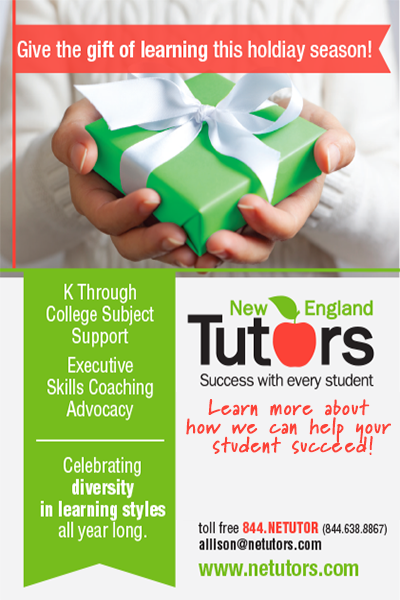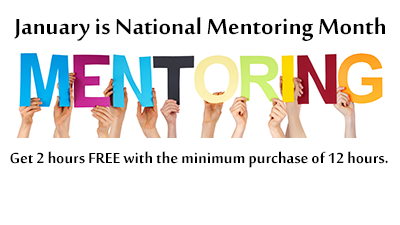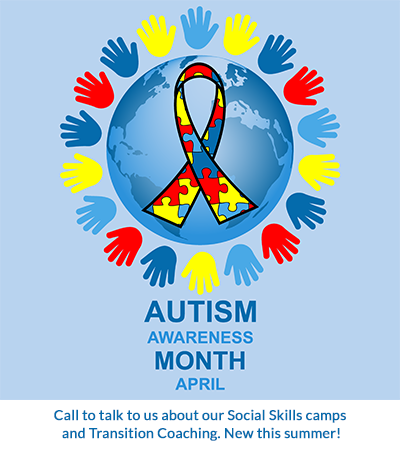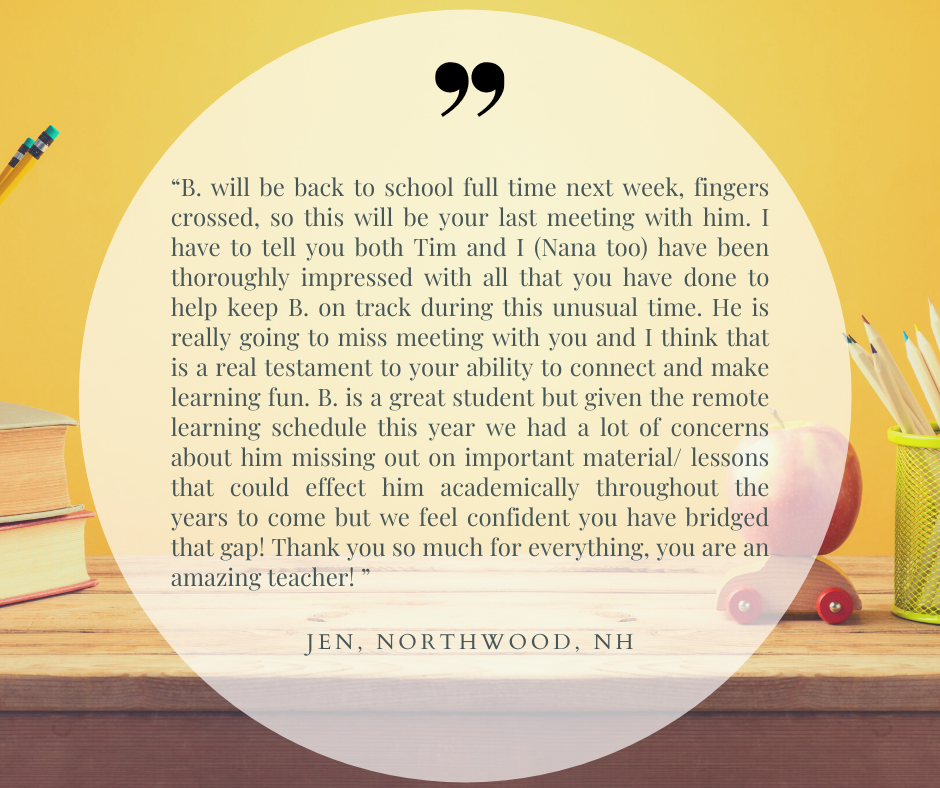In the sports world, a coach sets up a practice and workout schedule that keeps an athlete motivated. The coach might cheer and cajole (and in unfortunate cases yell) when an athlete’s energy flags. If an athlete doesn’t want to come to practice, the coach sets up reward or punishment systems to ensure that the athlete stays motivated. As Executive Skills “coaches” our job also revolves around figuring out the motivational systems of our students—maybe even more so than an athletic coach. While an athlete might struggle a bit to stay motivated, at the heart of her practice she wants to learn to run faster, jump higher, etc. Because our students face struggles both personally and academically that the “typical” student does not, I would argue that our main job as an executive skills coach really is to figure out ways to convince students to just keep up with the struggle. Our main job is to help these students learn how to be motivated. Researchers Volkow, et. Al. (2010) studied motivation in people with ADHD and wrote about it in an article titled “Motivation Deficit in ADHD is Associated with Dysfunction of the Dopamine Reward Pathway.” In this article, the authors argue that those with ADHD do not receive adequate dopamine stimulation. This means that people with ADHD under respond to the feeling of reward that can come with putting effort into a task. The authors write, “ADHD is typically characterized as a disorder of inattention and hyperactivity/impulsivity but there is increasing evidence of deficits in motivation” (emphasis mine).
This means (as we expect) that doing the academic work will feel harder for the ADHD student. But it also means starting and continuing the work feels harder too. A typical student might struggle to get started on a project, but she knows she will feel good when she starts, and really good when she finishes. The authors of this article seem to be suggesting that an ADHD student might not feel that surge of “good” when she begins or when she finishes a project.
Volkow et. al. corroborates this idea when they say that ADHD is a “dysfunction in reward and motivation” and that “children with ADHD require stronger incentives to modify their behavior than those without ADHD; they also show a failure to delay gratification, have impaired responses to partial schedules of reinforcement, and preference for small immediate rewards over larger delayed rewards.”
An ADHD student does not always connect with the bigger intrinsic reward of good grades or being a good student. The ADHD student might need smaller and more immediate rewards to feel that her work is worthwhile. This is where our work as coaches can be so important. As we break down assignments and schedules into smaller pieces, we also give students shorter and more frequent periods of feeling that they have completed something. This feeling of “being done” can be a reward for some—but might then need to be paired with a tangible reward to keep some students going. I’m hoping that as a coaching community we can brainstorm the types of rewards that feel appropriate and productive for our (mainly) high school aged clientele.
This information feels particularly important because students who struggle are often termed “lazy.” This frustrates me because a young person with say a muscle deficit would never be deemed lazy
because she struggled to walk as much as other young people. Quite the contrary, we often praise (rightly so) every effort that we see in a person with a physical impairment. Yet deficits like ADHD are invisible and so educators can’t see the struggle. I think we’ve all heard our students called lazy or unmotivated. Yet the authors Volkow et al state that their “study suggests the need to consider the possibility of including ‘motivation or interest deficit’ as part of the core pathology of ADHD.”
What this tells us is that motivation is the problem that we are here to work on—not the problem we need to point out and tell the student to work on. While it can feel disheartening in one sense to imagine that these students must struggle to even feel motivated (let alone to do the work), I find it so helpful to see some of these challenges as a “motivation deficit.” The student literally CANNOT feel motivated to begin and continue work. This means our work is to help that student develop systems that can bypass that lack of motivation. Volkow et. al. claim that using “intrinsically interesting activities” to support a student through work that she finds less interesting is a strategy that has shown success. So as coaches we can help the student find systems that somehow tap into high interest areas and then use that interest as support to help the student get his most challenging academic work done.
Most of the students I’ve worked with as an Executive Skills coach have ADHD and struggle deeply to keep themselves motivated. They need a system of rewards that keeps them connected to the work they are doing. They also need ways to find the work (or something related to the work) engaging or relevant. The conversation, then, we have as a community of executive skills coaches is: what strategies can we develop to help students engage with material that they feel that they just don’t care about? And, what types of rewards can we use that will give our students the extra push to work though their homework schedules.
Jamie Barber, Executive Skills Coach and Certified Trainer
New England Tutors











